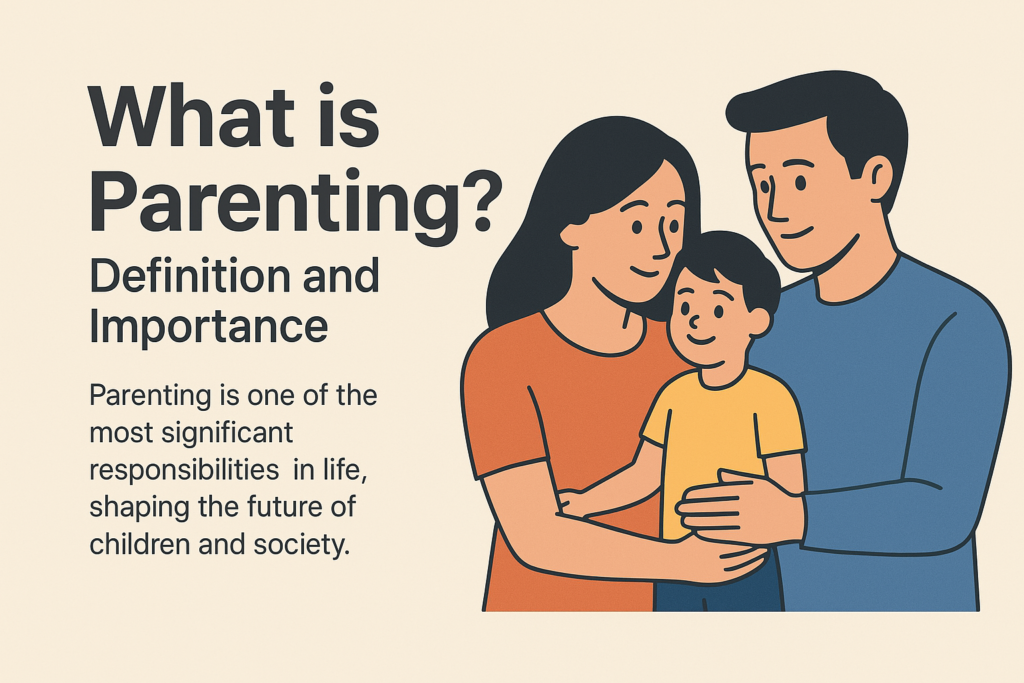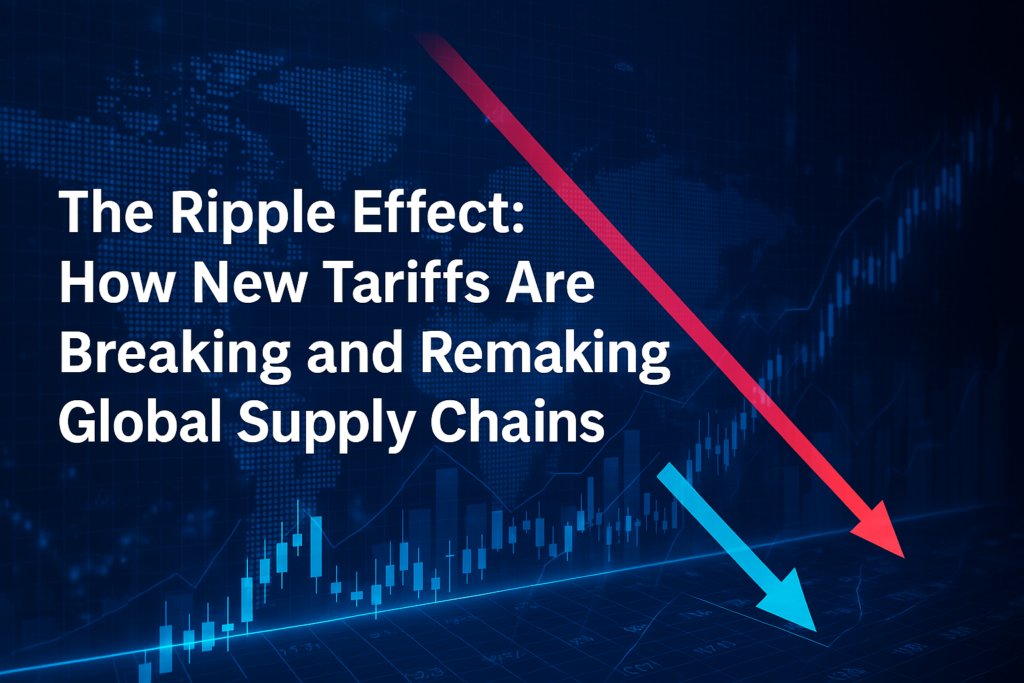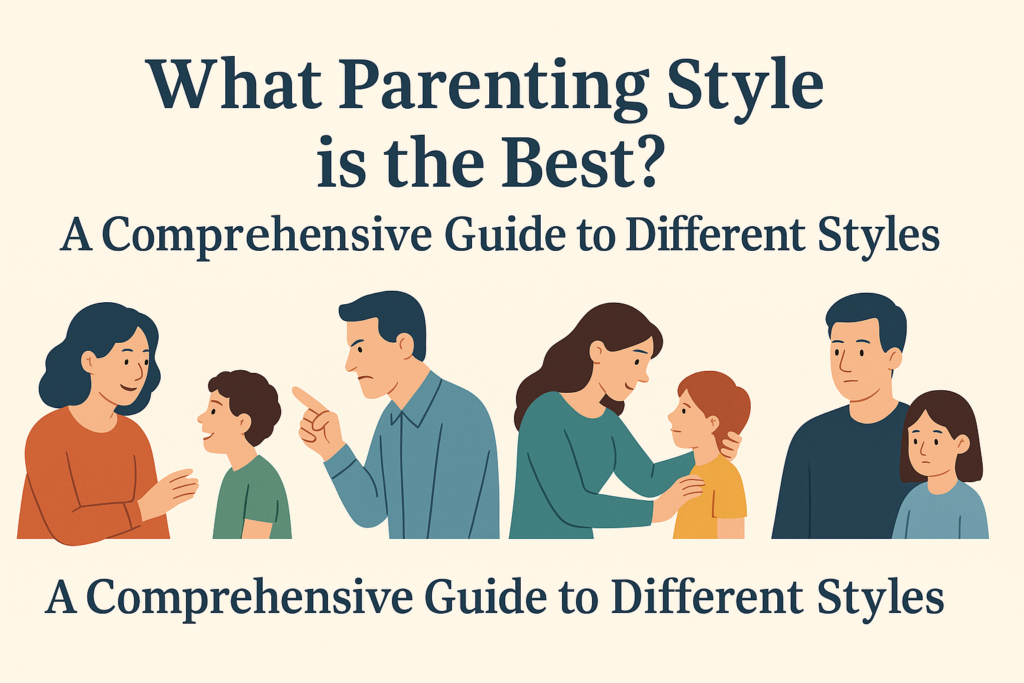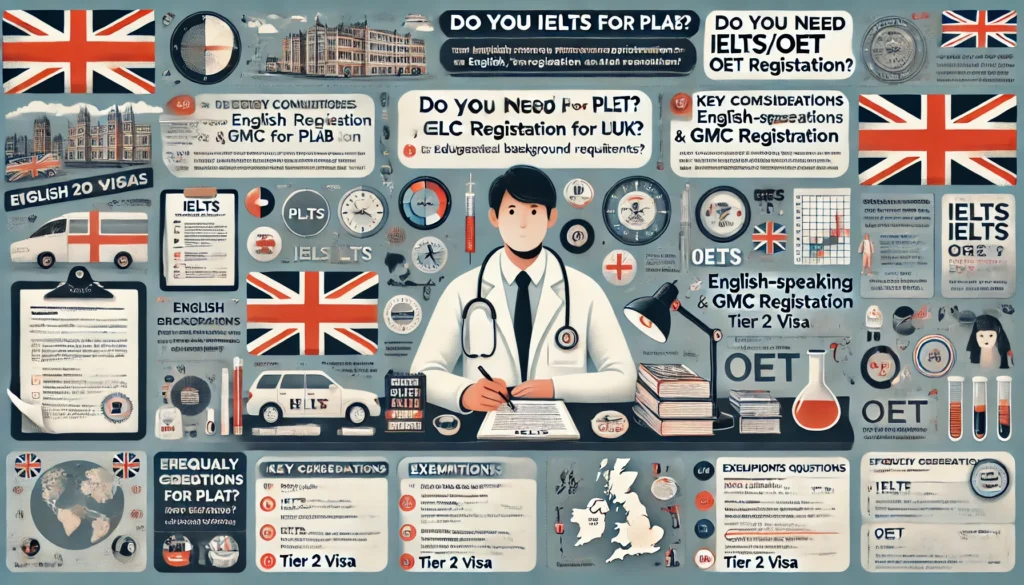Introduction
Parenting is one of the most significant responsibilities in life, shaping the future of children and society. It encompasses many duties, from providing emotional support and guidance to ensuring physical well-being. But what exactly is Parenting, and why is it so important? This blog explores the meaning, significance, and challenges of Parenting in today’s world.
What is Parenting?
Parenting refers to raising and nurturing children from infancy to adulthood. It involves providing emotional, physical, and social support to help children develop into responsible and healthy individuals. It is both a biological role and a culturally influenced practice, blending innate instincts with learned behaviours. There are different parenting styles, including authoritative, authoritarian, permissive, and neglectful Parenting, each influencing child development in unique ways.
The Importance of Parenting
Parenting plays a bottom-line role in shaping a child’s personality, values, and future success. Here are some key reasons why Parenting matters:
- Emotional and Social Development: A child’s emotional health and ability to form relationships are heavily influenced by their parents.
- Cognitive Growth: Engaged Parenting fosters children’s curiosity, learning, and problem-solving skills.
- Moral Values: Parents instil ethics, discipline, and social responsibility.
- Mental and Physical Health: Proper parenting styles can prevent behavioural problems, anxiety, and depression.
- Positive Parenting Tips: Adopting gentle and mindful parenting techniques can foster a nurturing environment.
Different Parenting Styles and Their Effects
Understanding how parenting styles affect child development is crucial for effective Parenting.
- Authoritative Parenting: It encourages independence with firm but fair discipline, leading to confident and responsible children.
- Authoritarian Parenting: It emphasizes obedience and control, which can cause anxiety and low self-esteem.
- Permissive Parenting: It offers minimal restrictions, sometimes leading to behavioural issues and poor self-regulation.
- Neglectful Parenting: This lack of involvement often results in children facing emotional and developmental struggles.
- Conscious Parenting encourages intentional Parenting by focusing on a child’s emotional needs and personal growth.
Common Parenting Challenges
Parenting today is more challenging than ever due to societal shifts, technology, and work-life balance struggles. Some common concerns include:
- Parenting is harder today due to digital distractions, economic pressures, and changing family dynamics.
- How parenting styles affect adulthood and influence long-term relationships, mental health, and career success.
- How Parenting affects a child’s mental health, including anxiety, depression, and self-esteem.
- Why Parenting is essential in building resilient and capable future generations.
- Parenting teenagers can be particularly challenging due to hormonal and social changes.
Parenting Payments and Support
Financial support is essential for effective Parenting. Many parents ask, “How much parenting payment can I get?” or “How much parental leave am I entitled to?” This support varies based on location, income, and marital status. For example:
- Parental leave entitlements differ across Canada, Ireland, and the U.S.
- Parenting payments for single and partnered parents vary depending on income and number of children.
- How much parental leave fathers get depends on workplace policies and government regulations.
- Parenting programs and resources provide guidance on financial support and skill development.
Long-Distance and Co-Parenting Challenges
In cases of divorce or separation, parents often face challenges with parenting time calculation and long-distance Parenting. Common concerns include:
- How much parenting time is in custody agreements every weekend or every other weekend.
- How far can divorced parents move without affecting custody arrangements?
- What is considered long-distance Parenting and its impact on parent-child relationships.
- Parenting after separation requires effective communication and co-parenting strategies.
Parenting is a dynamic journey requiring patience, adaptability, and love. Caregivers can nurture resilient, capable individuals by understanding developmental needs, leveraging support systems, and embracing intentional practices like conscious Parenting or brain-body Parenting.
Challenges like economic strain or digital overload persist. Still, resources such as parent coaching, therapeutic foster care, and evidence-based programs offer solutions.
Practical parenting shapes not only a child’s future but the broader fabric of society.










